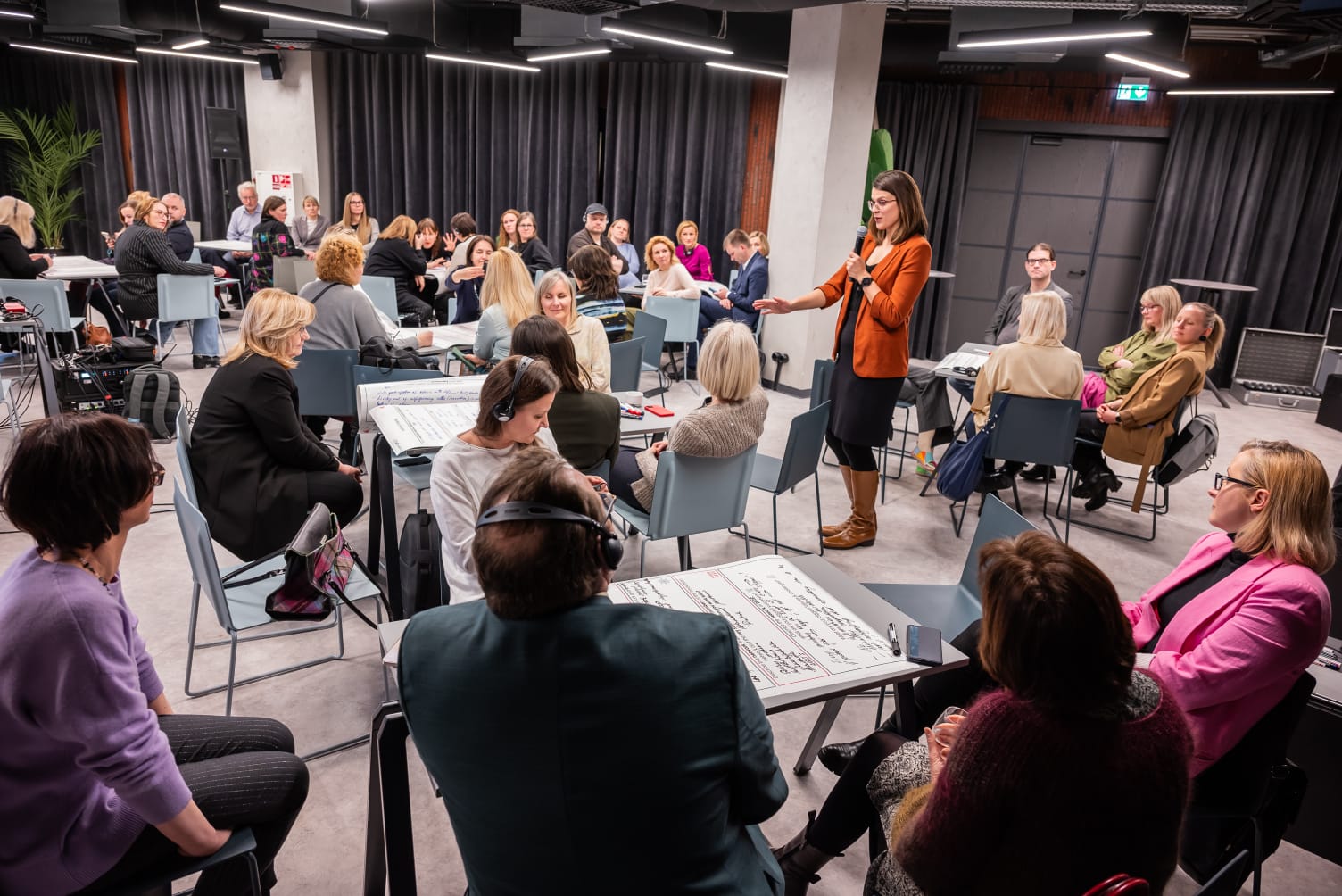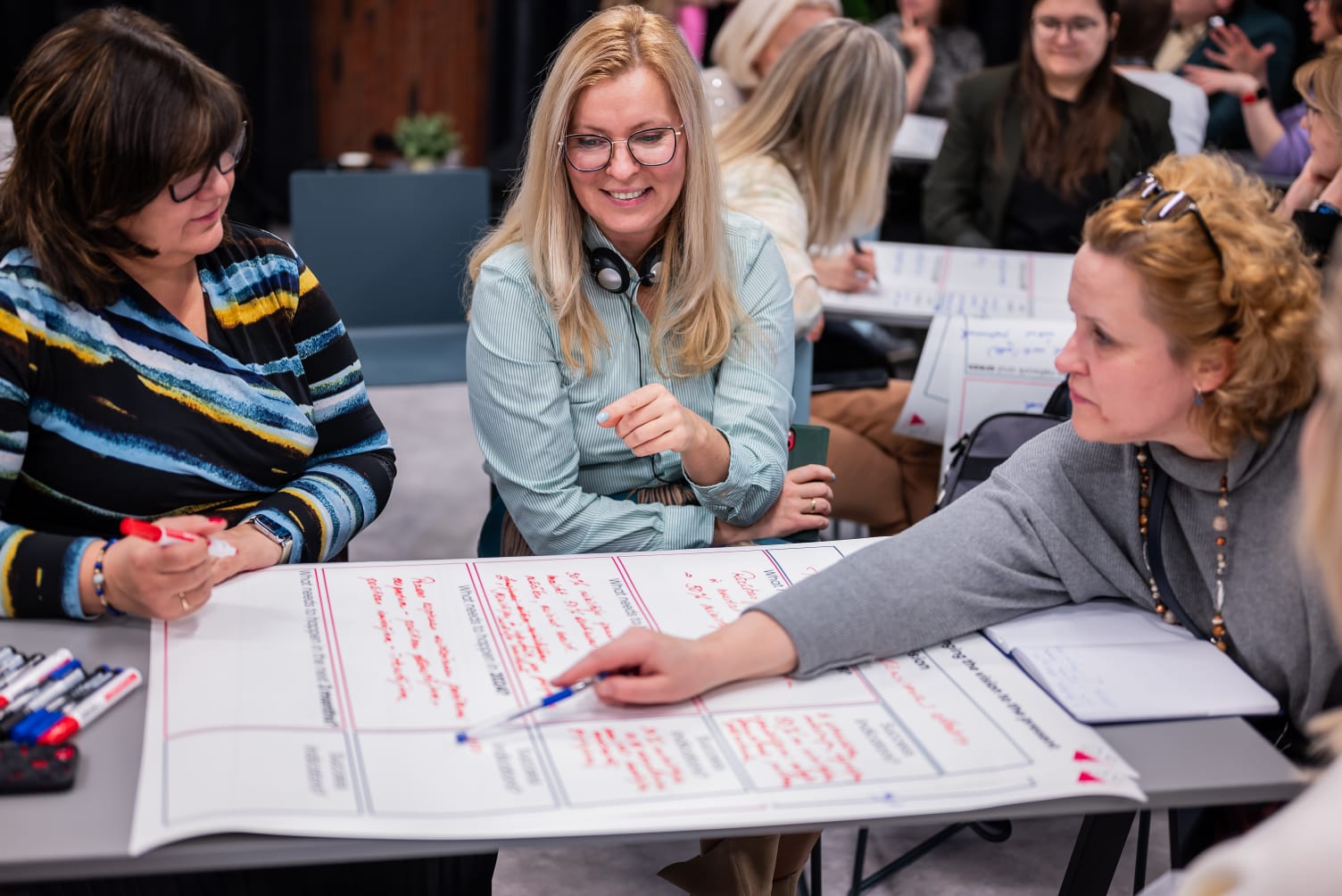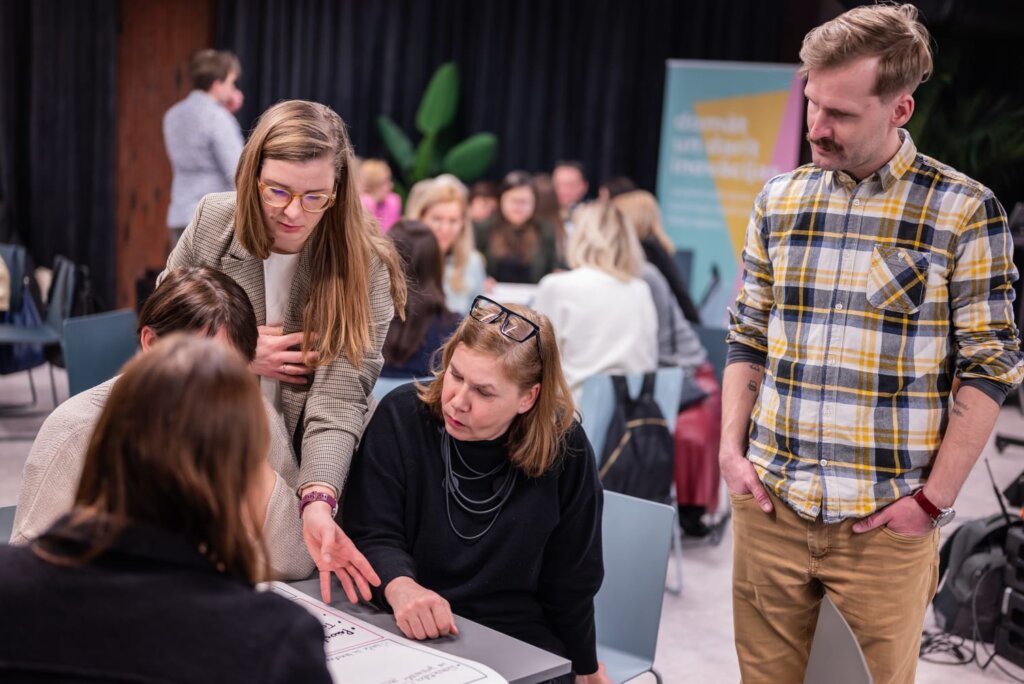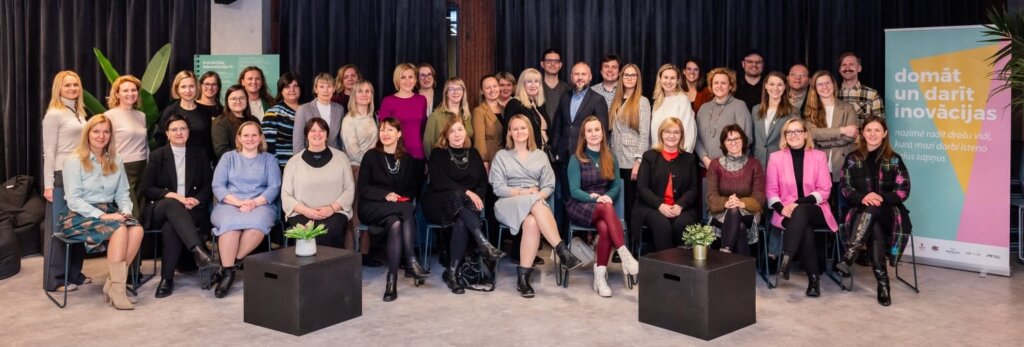Building innovative capacity in Latvia

About INNOVATIVE CAPACITY IN LATVIA
Public sector innovation can strengthen trust between citizens and public institutions. It helps governments to stay ahead of the curve, better address complex challenges and can position the public sector as an attractive employer.

About the project
With the technical support of DG Reform of the European Commission, this project aimed to equip and empower the public service of Latvia to leverage impactful and effective public sector innovation. Working closely with the Latvian State Chancellery’s Innovation Lab, we worked to advance innovation through four key steps:
- Enabling evidence-based decisions on innovation supports and investments
- Taking a strategic and co-ordinated approach to innovation
- Measuring, evaluating and communicating the impact of innovative efforts
- Building capacity for innovation
A strategic approach to innovation
The project included an OECD innovative capacity assessment, which identified key challenges and opportunities for innovation based on the input from over 1,600 stakeholders.
Building on these insights, a strategy for public sector innovation in Latvia was co-created through workshops with stakeholders from both municipal and national levels (pending adoption). This strategy addresses key challenges that prevent the public service from using innovation to improve outcomes. The strategy includes:
• Dedicated innovation supports (strengthening capacity, financing and reach of the innovation lab, network, training and sprints).
• Efforts to make the public sector more conducive to innovation including improved HR, procurement, and design and evaluation mechanisms for innovation.

Building capacity to innovate
Public servants are at the heart of innovating. Equipping them with the right skills and opportunities is essential to drive impactful innovation. This project, in collaboration with the Latvian State Chancellery’s Innovation Lab, concentrated on enhancing capabilities in policy design and strategic foresight.

Policy and innovation design
Using a train-the-trainer approach, this project helped the innovation lab refine its innovation project (“sprint”) process and methodology and apply it to real policy challenges in Latvia. These sprints led to the development of a roadmap for implementing the New European Bauhaus policy in Latvia, an onboarding platform for newcomers to Cēsis municipality and a housing development proposal in Cēsis.
Strategic foresight
We conducted workshops and applied strategic foresight methods, including visioning, backcasting, and stress testing (red-teaming, pre-morteming, disruption cards), to develop visions, roadmaps and concrete, resilient and future-fit activities for the Latvian State Chancellery’s Innovation Lab.

Get in touch
Excited to learn more? Reach out to us at [email protected]. To learn more about the work of the Latvian Innovation Lab, email them here.
This webpage was produced with the financial assistance of the European Union. The views expressed herein can in no way be taken to reflect the official opinion of the European Union.
